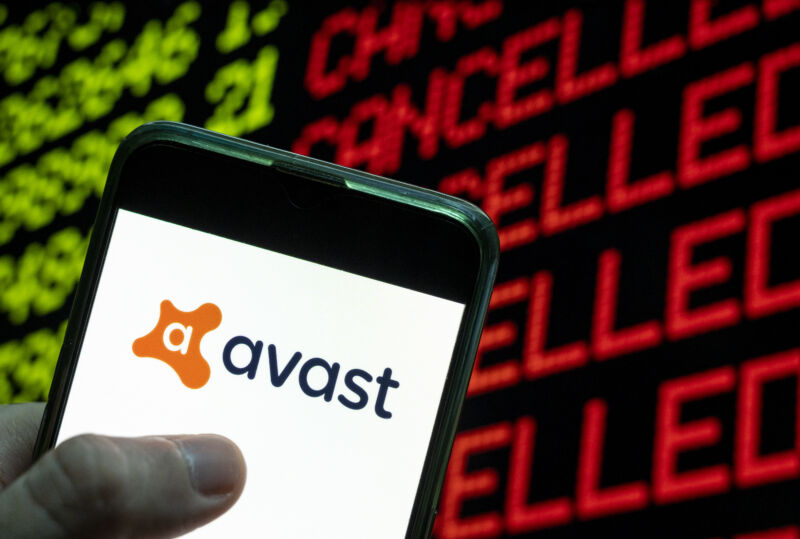-
 chevron_right
chevron_right
Airbnb bans creepy surveillance cameras inside rentals starting April 30
news.movim.eu / ArsTechnica · Monday, 11 March - 20:43

Enlarge (credit: Liudmila Chernetska/Getty )
Airbnb, like hotels and rival vacation rental site Vrbo , will no longer allow hosts to record guests while they're inside the property. Airbnb previously allowed hosts to have disclosed cameras outside the property and in "common areas" inside, but Airbnb's enforcement of the policy and the rules' lack of specificity made camera use troubling for renters.
Airbnb announced today that as of April 30, it's "banning the use of indoor security cameras in listings globally as part of efforts to simplify our policy on security cameras and other devices" and to prioritize privacy.
Cameras that are turned off but inside the property will also be banned, as are indoor recording devices. Airbnb's updated policy defines cameras and recording devices as "any device that records or transmits video, images, or audio, such as a baby monitor, doorbell camera, or other camera."




